Reduced to a miserable mass level, the level of a Hitler, German Romanticism broke out into hysterical barbarism
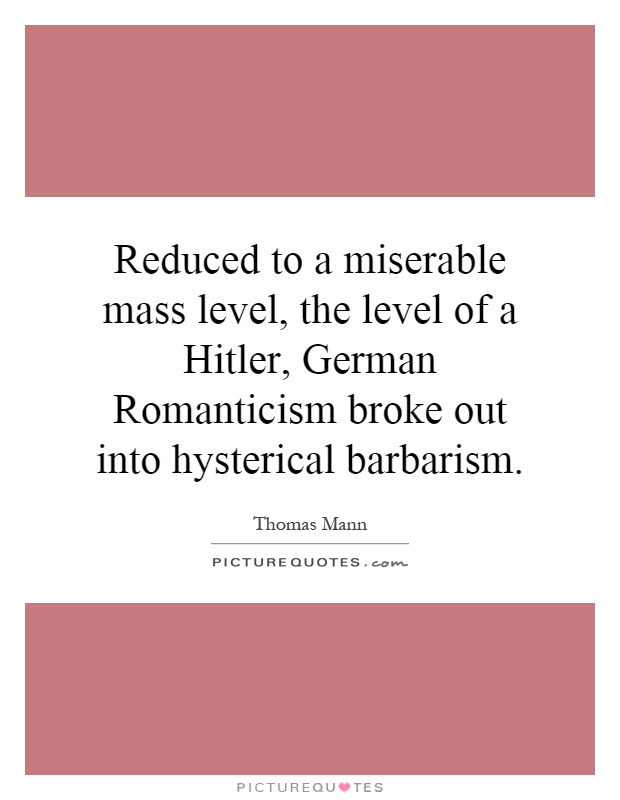
Reduced to a miserable mass level, the level of a Hitler, German Romanticism broke out into hysterical barbarism
Thomas Mann, a renowned German writer and intellectual, was deeply critical of the rise of Nazism and the atrocities committed by the Hitler regime. In his essay "Germany and the Germans," Mann explores the role of German Romanticism in the development of Nazi ideology and the descent into barbarism that characterized Hitler's rule.Mann argues that German Romanticism, with its emphasis on emotion, nature, and the irrational, laid the groundwork for the extreme nationalism and militarism that fueled the Nazi movement. The Romantics, he suggests, glorified the German Volk and promoted a sense of cultural superiority that would later be perverted by the Nazis into a justification for genocide and war.
Mann's assertion that German Romanticism was "reduced to a miserable mass level, the level of a Hitler" reflects his belief that the ideals of the Romantics were twisted and distorted by the Nazis to serve their own ends. Instead of celebrating individualism and creativity, as the Romantics had done, the Nazis promoted conformity and obedience to the state. The result, according to Mann, was a descent into "hysterical barbarism" that culminated in the horrors of the Holocaust and World War II.
Mann's critique of German Romanticism is not just a condemnation of the past, but a warning for the future. He argues that the same forces that led to the rise of Nazism – nationalism, xenophobia, and a rejection of reason – are still present in contemporary society and must be guarded against. By examining the roots of Nazi ideology in the Romantic movement, Mann seeks to expose the dangers of political extremism and the importance of defending democracy and human rights.


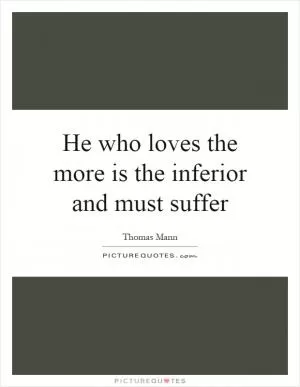
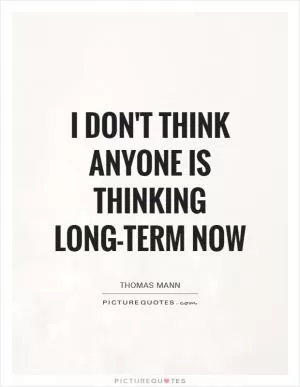


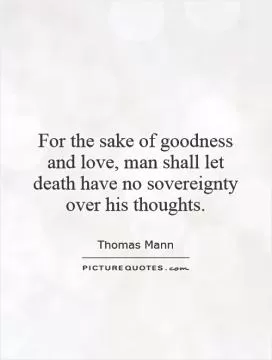
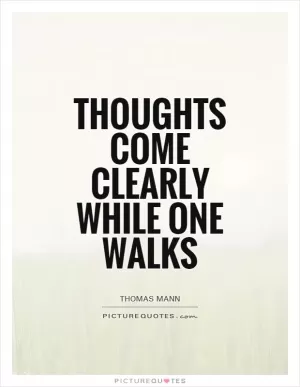
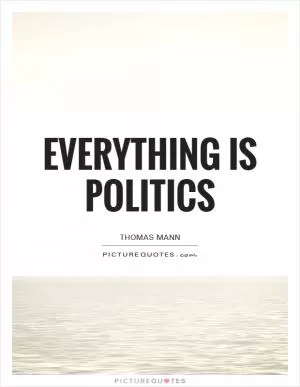

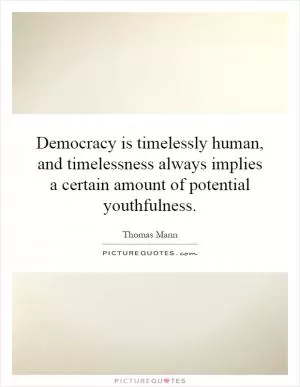
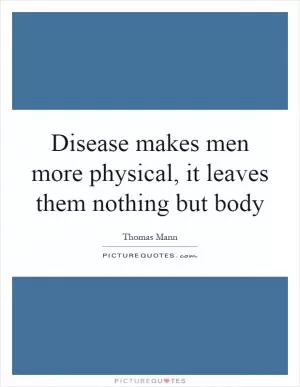
 Friendship Quotes
Friendship Quotes Love Quotes
Love Quotes Life Quotes
Life Quotes Funny Quotes
Funny Quotes Motivational Quotes
Motivational Quotes Inspirational Quotes
Inspirational Quotes